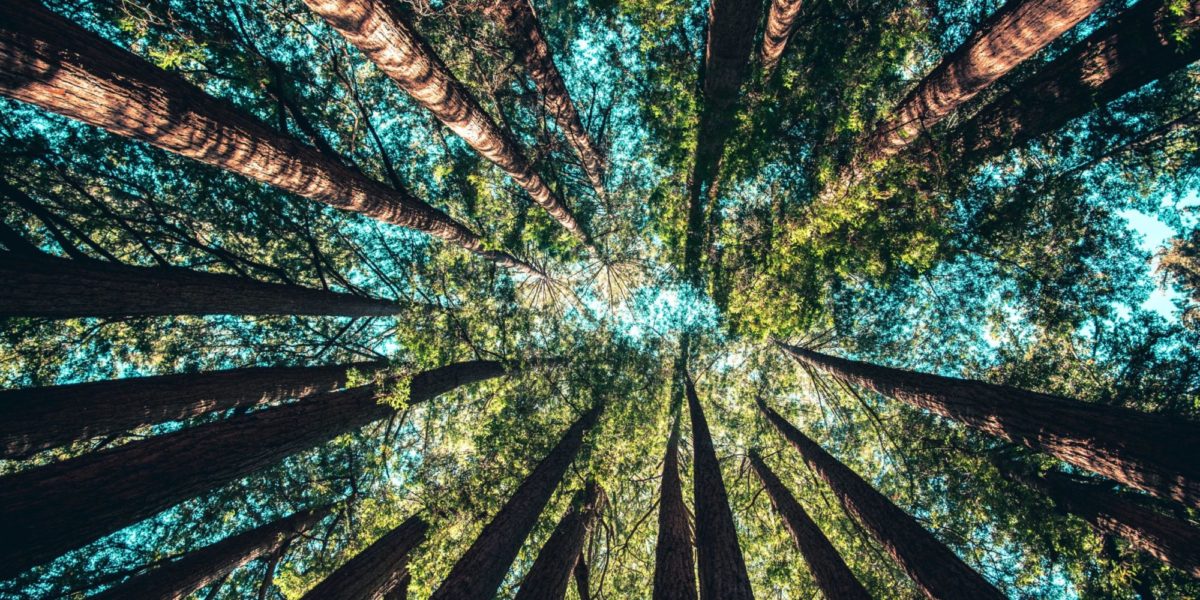Robert Kennedy Jr. is seeking the Democratic nomination for United States president. He founded the global Waterkeeper movement, starting from his work as an environmental lawyer to protect the Hudson River in New York.
Kennedy describes how he used to find frogs, salamanders, and turtles near his McLean, Virginia home in the 1950s and early 1960s when his father worked for the federal government in Washington, D.C. After a highway was built and destroyed that area, he and one of his brothers threw rocks at the cars passing by. They were caught and disciplined.
Kennedy says McLean was a rural village but has since been swallowed up as part of the D.C. suburbs.
Growing up in the adjacent state of Maryland, my experiences were similar. My father also worked for the federal government. He built a house in the countryside north of sleepy little Reisterstown. I was able to wander freely through the fields and forests around our home. I loved the birds and trees. Seeing the forests cleared away to build a gas pipeline less than a mile from our home was traumatic.
My mother would drive us 20 miles south to go shopping in Baltimore. Over time, all the fields, streams and forests along Reisterstown Road were converted into suburban sprawl.
She fought to save some of the remaining rural parts of Baltimore County, getting on a citizens’ planning committee and pushing for strict zoning regulations to halt the conversion of farmland into suburban housing tracts.
She won. This did not endear her to some local farmers who were hoping to profit from land sales. And development then leap-frogged into Carroll County.
Many people my age who grew up around Toronto or Ottawa could probably tell similar stories of their sense of loss when the natural spaces near their homes disappeared, together with the wildlife in them.
The fight never seems to end. Today, farming groups are opposing the plans of the current Ontario government to carve up the rural landscape for development. We need places to grow food locally. And it has become obvious that more highways and poorly designed housing developments create car-dependent lifestyles that are worsening the climate crisis.
In theory, citizens could act by changing their governments. In practice, it seems that governments of all political stripes are controlled by corporations that are driving the biodiversity and climate crises.
Kennedy says that fear is not the motivation for his environmental activism. He urges us to love nature. Environmentalists tend to overemphasize fear of the all-too-real risks of climate change – fires, floods, droughts and tornadoes. Our destruction of nature can cease if love overcomes fear.
We have a mature economy in Canada. Just as people my age are thinking about downsizing their households, we can downsize our economy in terms of consumption of lands and resources. Downsizing is happening anyway, as the economy shifts from making stuff to providing services.
It’s the quality of life that matters. The notion here is sufficiency – not endless growth.
What gap in our lives are we trying to fill with over-consumption of junk food and plastic? Is it love that we’re missing – the love that comes from contact with plants and animals in wild natural settings?
Pets and house plants can help fill the void, but wild nature is free for all.
There are parking lots and mowed lawns in our urban areas where nature can be restored. You see this happening, at least on a small scale, when people volunteer to plant trees and create community gardens. But natural areas in and around cities remain scarce and hard to get to without a car. We think our lives are too busy to spend time in them.
Get outdoors where flowers are blooming and birds are singing. You’re literally bathed in love. Mother Nature is everywhere. Take some time for gratitude and feel the love.
If everyone does this, the world will be a much better place.



